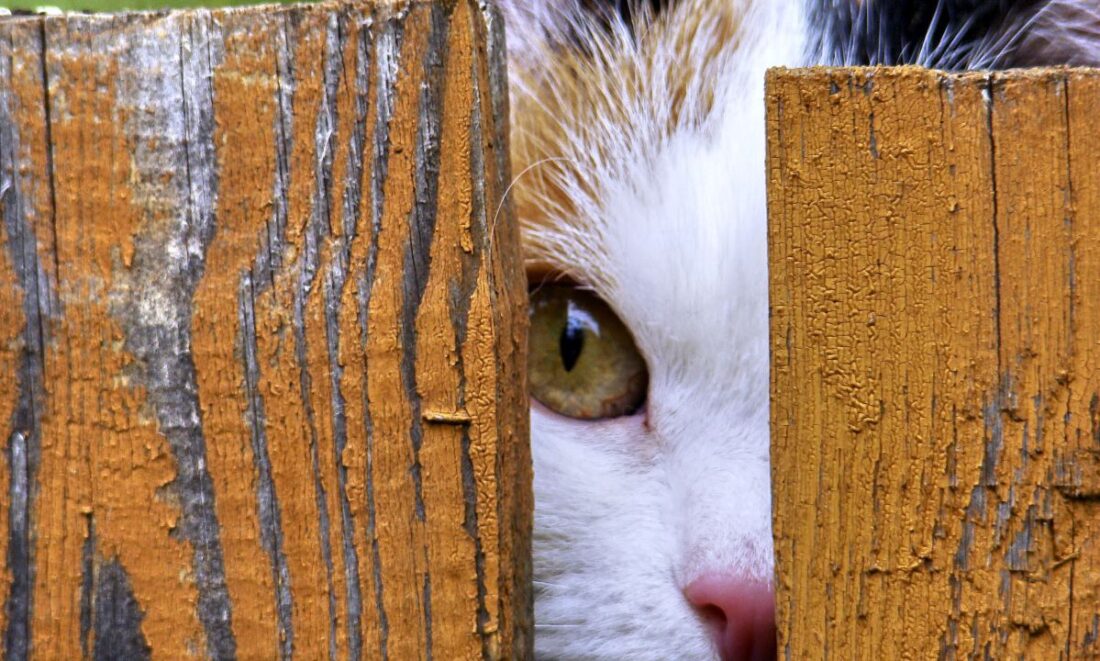Five Benefits To Being An Observer

I was watching a TV serial the other day. The gist of the story is as follows : Two people who love each other get married. The city they are getting married is under a high security alert. Unfortunately, on their wedding day, a bomb is found in their wedding premises and the girl’s uncle and brother (who gets shot as one of the terrorists) are accused as the terrorists since the circumstantial evidence says so. The girl is a lawyer and her heart tells her that they are innocent and she decides to defend her uncle and prove that her brother was innocent. This move upsets her husband and her in-laws who have lost his brother and son respectively. As an observer, you know the real terrorist but this is not known by the girl or her husband and her in-laws. Without getting involved emotionally in the events, as an observer, you feel that the girl is right from her perspective and the same can be said about her husbands’ and in-laws perspective, especially from an emotional angle. Yet as an observer you also know that this girl’s husband and her in-laws are being clouded by emotions and fail to explore the reality and the resulting consequences.
→How many times have you observed events in the form of conversations between two people or a scene from someone’s life and thought, I wish I could tell them they are both right ?
→How many times have you been in situations where you are so emotionally attached that you fail to be an observer and provide or get insights?
For those who have watched Taken 2, early on in the movie, Bryan Mills (played by Liam Neeson) and Lenore, his wife (played by Famke Janssen)are kidnapped in Istanbul, and both of them are blindfolded and being taken in a car. Brian Mills on his way to wherever he is being taken, makes a mental observation with his ears for the sounds, with his nose for the scent and mentally by counting on every turn. Every observation is precise and put to use, when later on he has to give directions to his daughter, from his cell, where he is being held captive.
While we observe many things objectively during any given day, becoming an observer of oneself is a challenge because we are emotionally in the midst of it and unable to step back and approach the situation with a solution oriented mindset. Scientifically it is known that when we allow our emotional part of the brain to take over, our motor skills are directed towards the emotional part of our brain. This means we allow ourself to go into an Amygdala hijack. When we are under our Amygdala hijack, we freeze, fight, flight or appease and our rational part of the brain shuts down and thus we are unable to be in an observer mode.
As an observer you are able to step outside of an emotional situation and your default reactions and thus able to see things clearly and calmly.
As an observer, you are able to connect to the situation from a rational person’s perspective and a problem solving mind.
Why be an observer of yourself and others?
1.Deeper Understanding
Think back to every situation where you have observed yourself or others and you will realize that you get a deeper understanding of what is driving you and others. You get an understanding of what you react on, why you react the way you react and how you can overcome these. It enables you to be more resilient. This resilience over time enables you to make a conscious decision in every moment of choice. You do not fall prey to your default reactions.
2.Build Rapport
Observing through our eyes, ears and other senses helps us to build rapport because we see the things that others are interested in and in doing so, we approach others from care and empathy and not judgment. This is useful in any relationship -new or old, sales conversation, difficult conversation in the performance management process and overall in influencing others.
3.Not take things for granted
We often miss out on finer details on many things that happens during our day. Observing reminds us not to take things for granted. It reminds us to open our eyes and ears to discover opportunities.
4.Innovation
Growth happens beyond our comfort zone. Often we get used to doing things in a particular way and not questioning what we do or how we do. It helps to us get breakthroughs and innovate.
5.Reflection
You are unbiased and that helps you to reflect, on things that went well and things that could be done better or different. You observe yourself and others and that puts you in a place of learning. It helps you to overcome competition and possibly be one step ahead of competition.
Just like there is a difference between hearing and listening, so is there a difference between looking (seeing something with judgment or seeing something without the intent of using it later) and observing (you see something without judgment, you carefully observe, and use it to learn, understand, develop and grow)
Life as it unfolds for you is an untrodden path and observation helps you to be an onlooker of the sights, the sounds and the other senses, that can be used as a lesson to move forward.
⇒What have you learnt as an observer?
⇒How have you used observation to empower yourself ?
In the path of life when we face transitions, there are moments in our life where some of these transitions pose challenge and inhibit our ability to be who we want to be that affects our communication, leadership, people skills, self-confidence and in managing our EQ. Please consult me for one-on-one coaching, group coaching, facilitation or as a key note speaker.
Image source: unsplash.com


No Comments